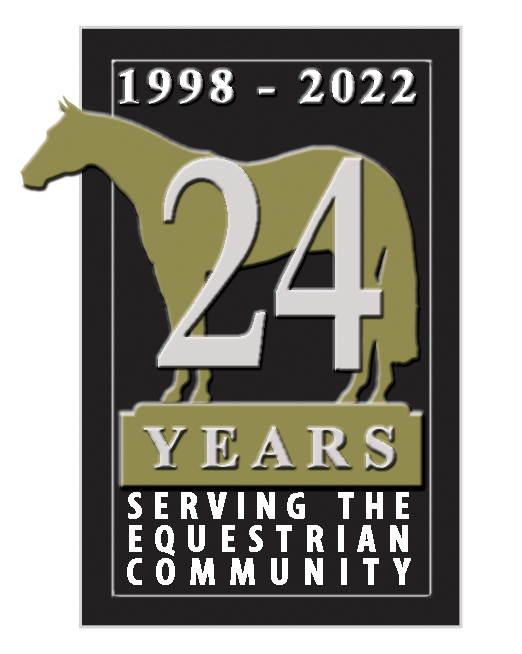1099 Reporting Repeal Amendment Passes
February 8, 2011 This week the Senate approved an amendment to the FAA Air Transportation Modernization and Safety Improvement Act that will repeal the recent 1099 paperwork mandate. The amendment was offered by Senator Debbie Stabenow (D-MI).
This week the Senate approved an amendment to the FAA Air Transportation Modernization and Safety Improvement Act that will repeal the recent 1099 paperwork mandate. The amendment was offered by Senator Debbie Stabenow (D-MI).
The 1099 paperwork mandate was a provision of the health care bill passed last year that imposes new tax reporting requirements, on every business in the U.S., including those in the horse industry, beginning in 2012.
There were several attempts to repeal the 1099 requirement last Congress which failed.
“We are glad the Senate has taken this step towards repeal of the new 1099 requirement,” said AHC president Jay Hickey. “There is wide agreement that this is a burdensome requirement for businesses. However, during the last Congress disagreement over details got in the way of repeal. We hope the overwhelming support of this amendment is proof that everyone is now on the same page.”
The Patient Protection and Affordable Care Act (“Health Care Bill”) that was signed into law last year included a provision broadly-expanding 1099 IRS form reporting requirements starting in 2012. Currently the law requires 1099s to be sent to any independent contractor that receives $600 or more from a business in a year. The new requirement requires 1099s be sent not only to independent contractors but also to any individual or corporation from whom a business purchases a total of $600 or more in goods or services in any given year. Its stated purpose is to identify unreported taxable income, fraudulent tax deductions, and increase tax compliance.
This new requirement will greatly increase the administrative burden on all businesses, particularly small businesses, including those in the horse industry. For example if a horse farm buys $600 worth of hay and grain from a particular retailer, or purchases buckets and bridles for a total of $600 from a tack shop, or an even buys office supplies of $600 from a supply store over the course of the year, or an individual buys a computer for $700 from a local store, they are required to issue each business a 1099 form that must be completed and returned to the IRS. This reporting mandate places an added burden on each business involved. The horse businesses would have to collect information and tax identification numbers for every entity they do $600 worth of business with and mail them forms and the business receiving the forms must complete them.
The Stabenow amendment repeals only the new reporting requirements. Businesses would still have to send 1099s to independent contractors.
The Senate must now approve the FAA Air Transportation Modernization and Safety Improvement Act which will then be considered by the House. Repeal of the 1099 provision has broad bipartisan support. But the larger bill may or may not pass both the Senate and the House. Therefore, repeal at this juncture is not assured.
Senator Mike Johanns (R-NE), Senator Max Baucus (D-MT), Congressman Dan Lungren (R-CA), and Congressmen Steve Scalise (R-LA), have each introduced stand alone bills that would also repeal the 1099 provision.
“The AHC will continue to work in support of repealing the new 1099 paperwork mandate,” said Hickey. “Repealing the 1099 mandate has broad bipartisan support and we are very optimistic that a fix will be in place before the new requirement goes into effect in 2012.”
http://www.horsecouncil.org/pressreleases/2011_1099.php Link to This Article on AHC’s Website
As the national association representing all segments of the horse industry in Washington, D.C., the American Horse Council works daily to represent equine interests and opportunities. The AHC promotes and protects the industry by communicating with Congress, federal agencies, the media and the industry on behalf of all horse related interests each and every day.
The AHC is member supported by individuals and organizations representing virtually every facet of the horse world from owners, breeders, veterinarians, farriers, breed registries and horsemen’s associations to horse shows, race tracks, rodeos, commercial suppliers and state horse councils.

